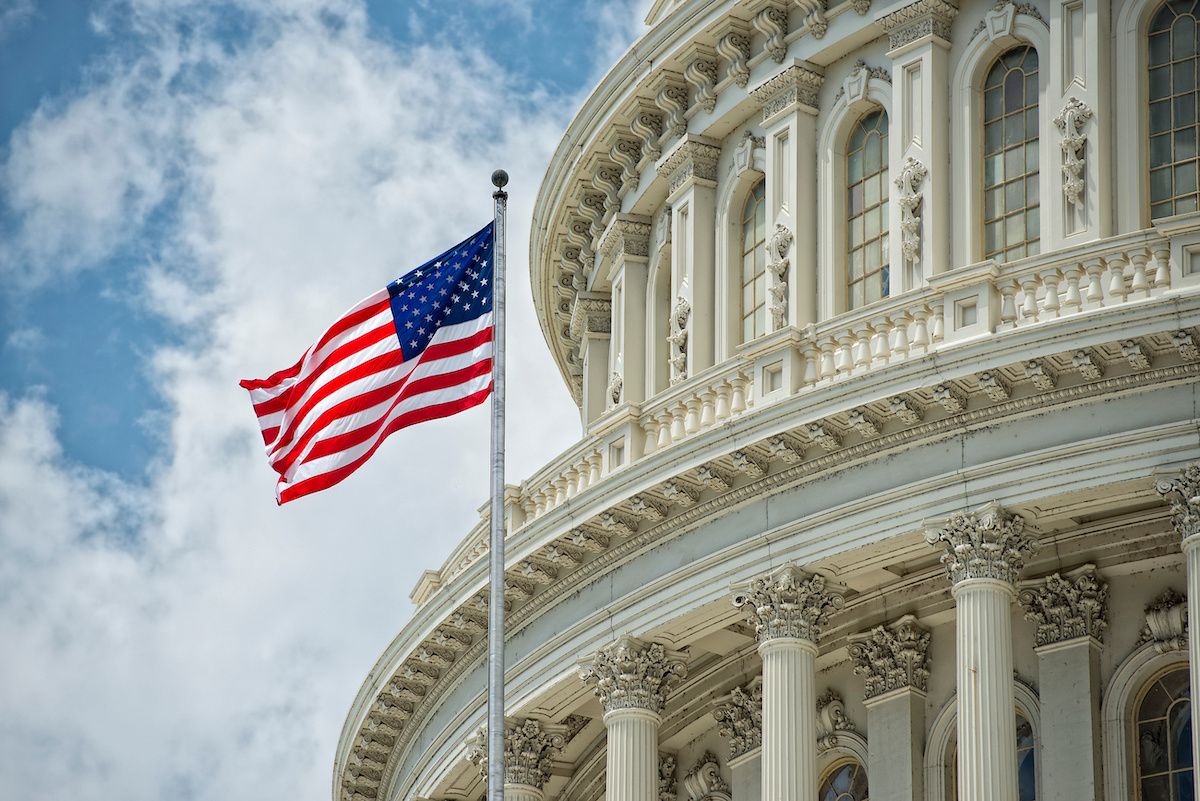Article
Electronic nagging is good for preventive care
Author(s):
Women who read online reminders to get a mammogram are 68 percent more likely to do so than women who ignore them, according to a study conducted by the parent company of insurer UnitedHealthcare.
Women who read online reminders to get a mammogram are 68 percent more likely to do so than women who ignore them, according to a study conducted by the parent company of insurer UnitedHealthcare.
UnitedHealth Group offers “Personal Health Messages” to enrollees in its consumer-driven health plans as well as plans covering large businesses. The company sends the health messages to an enrollee’s password-protected account at a Web portal. The enrollee is notified by regular e-mail that a health message is waiting for him there.
In 2006, enrollees who read their health messages were far more likely to receive recommended screenings for breast cancer, cervical cancer, hypertension, and high cholesterol than those who never opened their messages, according to UnitedHealth Group. In addition, enrollees who read special 50th-birthday messages were 82 percent more likely to get a cervical-cancer screening.
UnitedHealth Group is transmitting health messages to roughly 8 million enrollees. It plans to make the service more widely available in 2008.
Sign up to receive Medical Economics InfoTech Bulletin newsletter, our update on medical technology news delivered every two weeks. You can also subscribe to our new issue alerts, personal financial advice newsletter, and conference updates.





